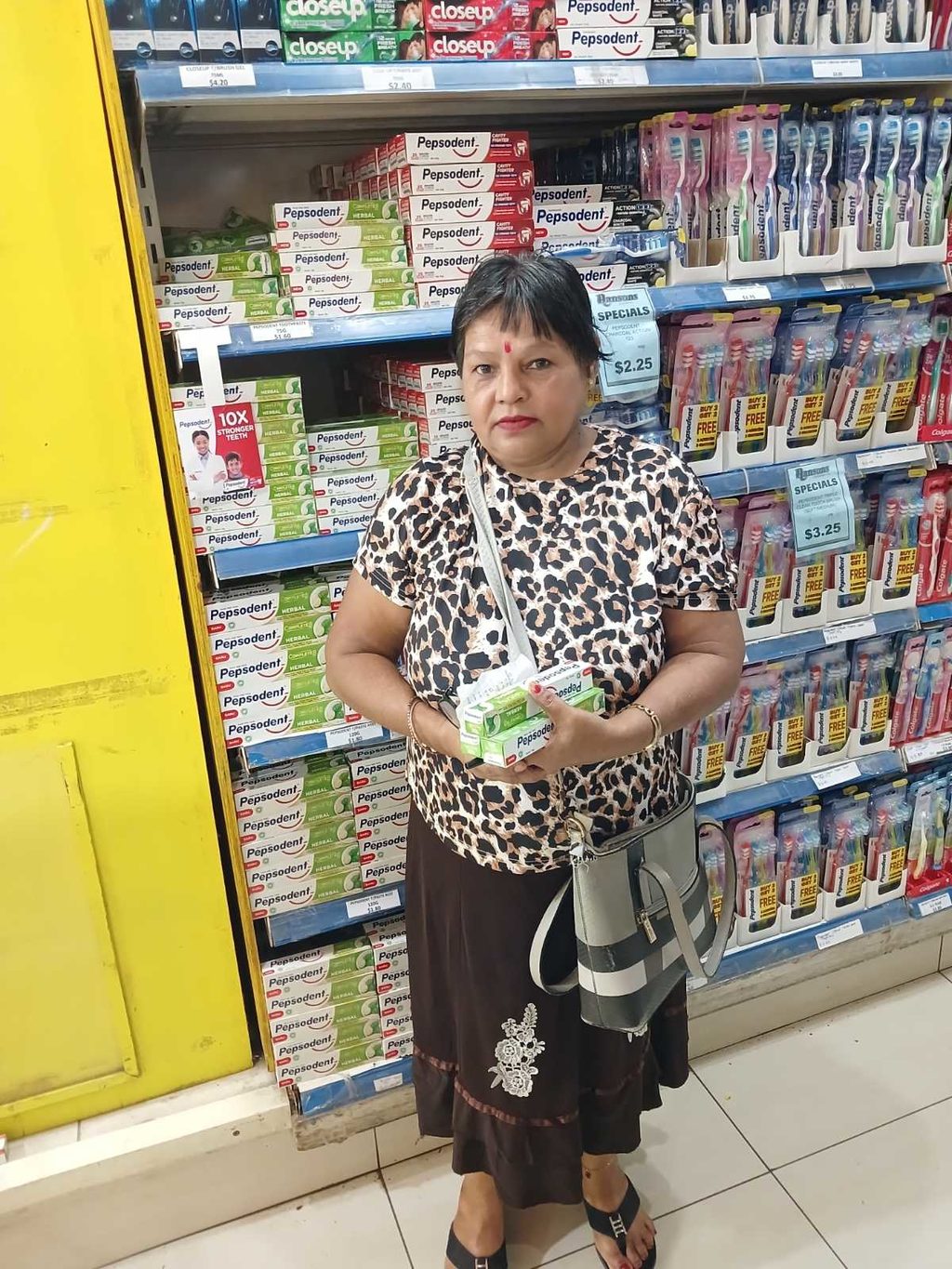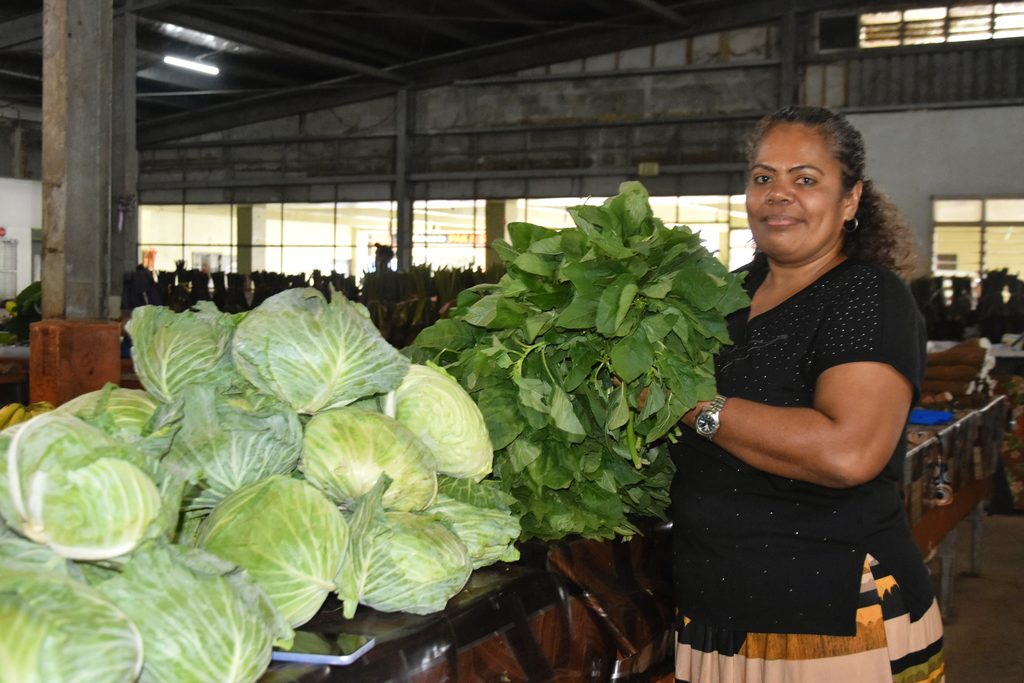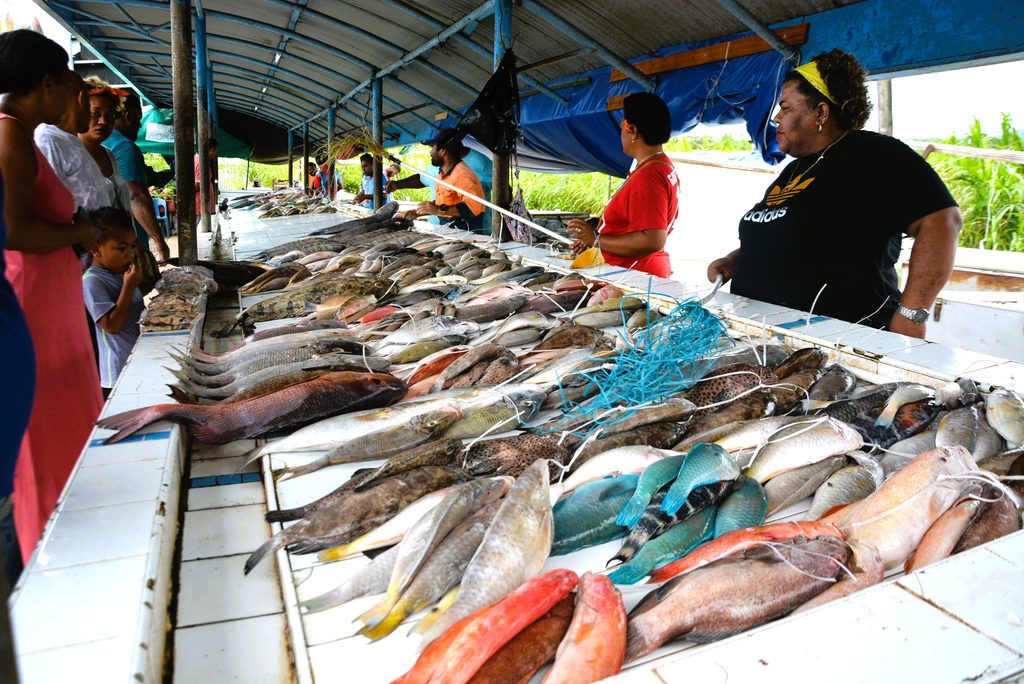She worked at Motutapu Outdoor Education Camp (MOEC), a repurposed World War II-era artillery camp that now hosts schools and corporate groups, which is one of only a few inhabited areas on the island.
“The weekdays started early at 7am, work finished at 5pm, but the days would often extend as staff would socialise with the groups playing cards, volleyball, or just having a natter,” Catrin told the Herald.
“The only time you could potentially feel ‘alone’ during this time was late evening when everyone was asleep.”
Weekend shifts followed a roster, which required at least one staff member to stay on Motutapu every Friday when the water taxi arrived to ferry people to Auckland.
“Sometimes this was by yourself, but other times, you could have had co-workers opting to stay with you,” Catrin said.
“You’d be able to hike to Rangitoto during this time, walk around the historical bunkers, go for a swim, or just use the time to relax.

“Weekends had a greater window of being alone, which would then be when the isolation started to feel real.”
Catrin said the experience was unlike anything she remembered growing up.
“Back at home, I was close to beaches, city centres, shops, forests … So it did take a lot of getting used to.”
Colleagues with their own vans could stock up on essentials with ease, but for her, things weren’t so simple.
“I had to very meticulously plan my weekends, book accommodation, and try and squeeze all of my shopping for a few weeks inside a large rucksack,” Catrin said.

“It did eventually become the norm, and if anything, saved me a lot of money on regular snacks that I’d normally buy at home!”
The people she worked alongside left a deep impression too, with Catrin saying they were “some of the kindest people I have ever met”.
“The majority of people [outside of the school groups] that I saw on the island were either rangers tracking the takahē birds – people who cared greatly about the environment and wildlife and about conservation of these creatures – and people who were motivated to make a huge difference in young people’s lives.”
They also gave her a deeper understanding of the country she had come to live in.
“They taught me a huge amount about the Māori culture, the history of New Zealand, and conservation and why it is so important.
“And for that, I owe a lot to those on Motutapu.”
Despite its proximity to Auckland, Catrin said island life in the Hauraki Gulf was still more isolated than many might think, as a lack of communication and interaction with people beyond the camp was “a key part of the whole experience”.
“It really is a ‘so close, yet so far’ sort of scenario.”
After two seasons, she walked away with more than just outdoor experience under her belt.
“It did really makes you appreciate things more, which I took for granted back home – the freedom, the socialisation, and the accessibility to amenities.

“Yet those who I spent my time with in New Zealand didn’t care about any of that.
“Living a life that makes them happy, allows them to spread that happiness on to others, and that is something that I have carried forwards with me.”
Despite the drawbacks, Catrin said she would like to live remotely again, calling it an “incredible experience” that everyone should try at least once.
“I learnt a great deal about myself, and gained a lot of respect for nature and the environment and wildlife surrounding me.
“I discovered ways to adapt and overcome hurdles that not many people get the chance to face.”
Tom Rose is an Auckland-based journalist who covers breaking news, specialising in lifestyle, entertainment and travel. He joined the Herald in 2023.





